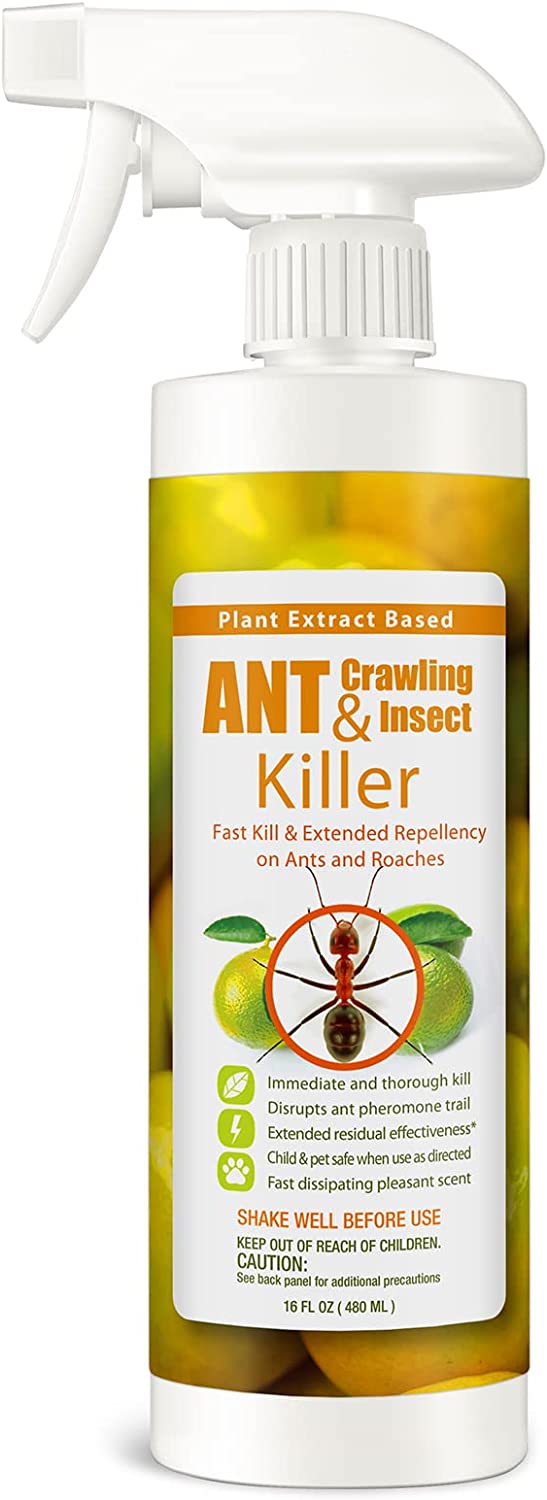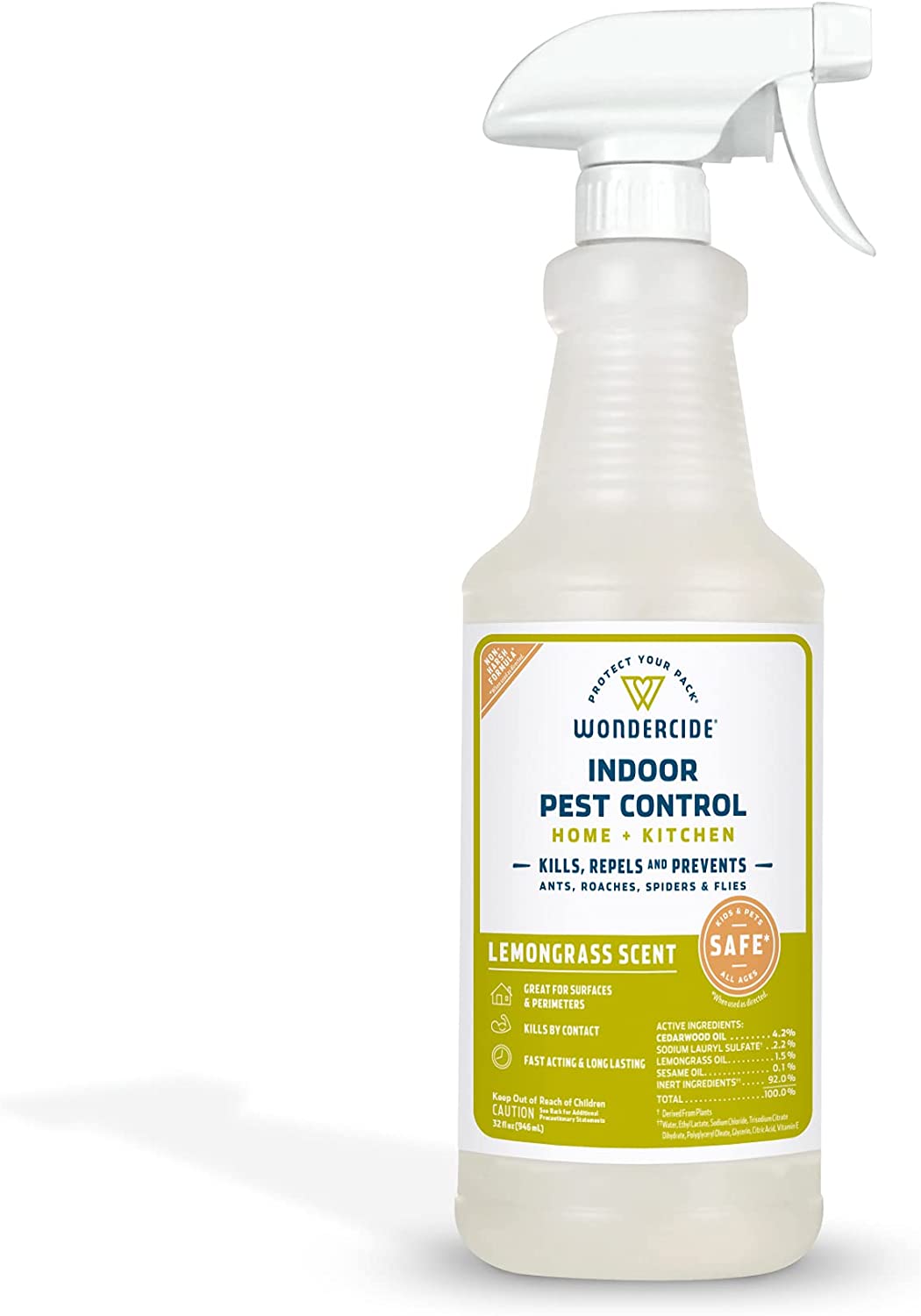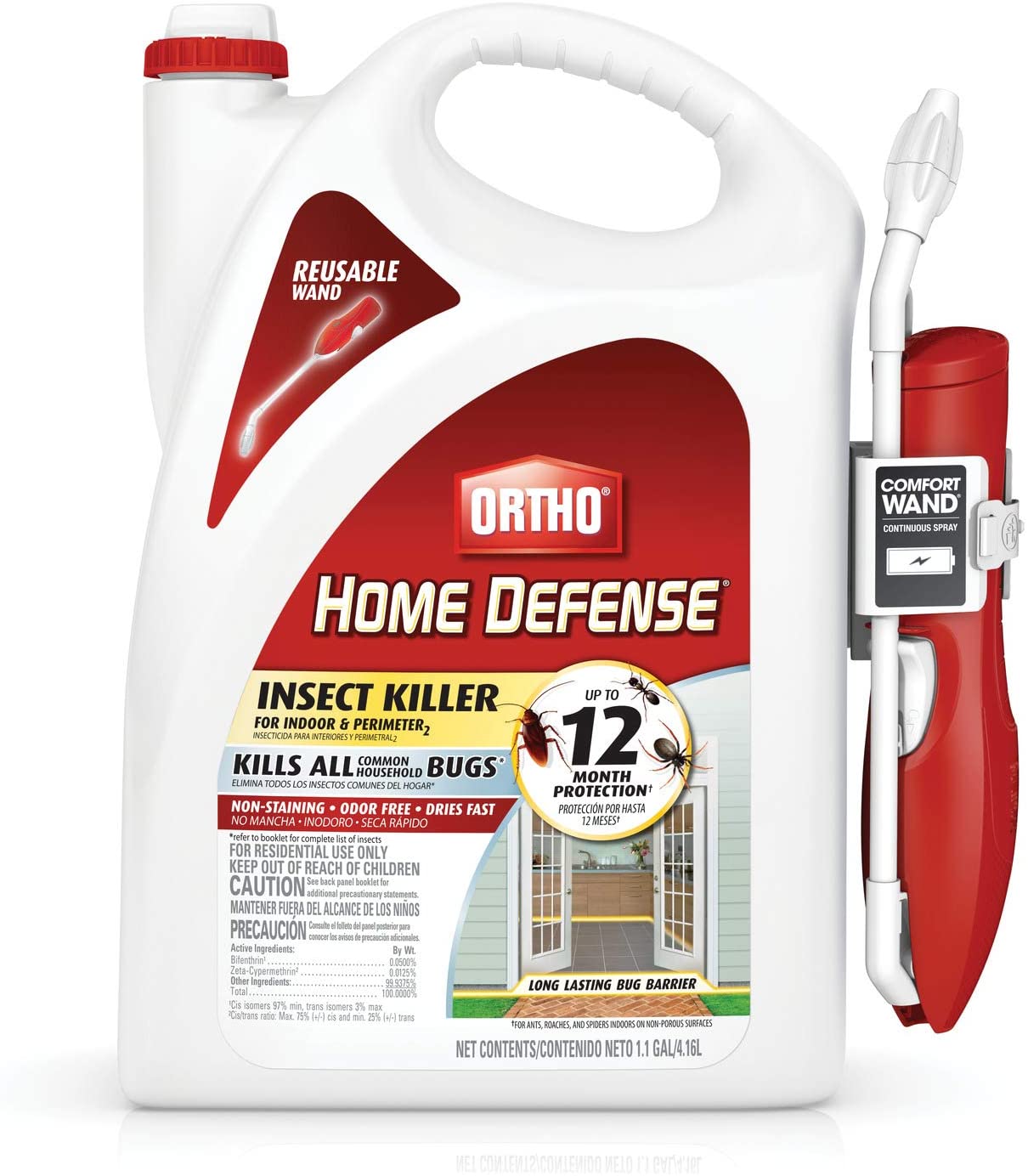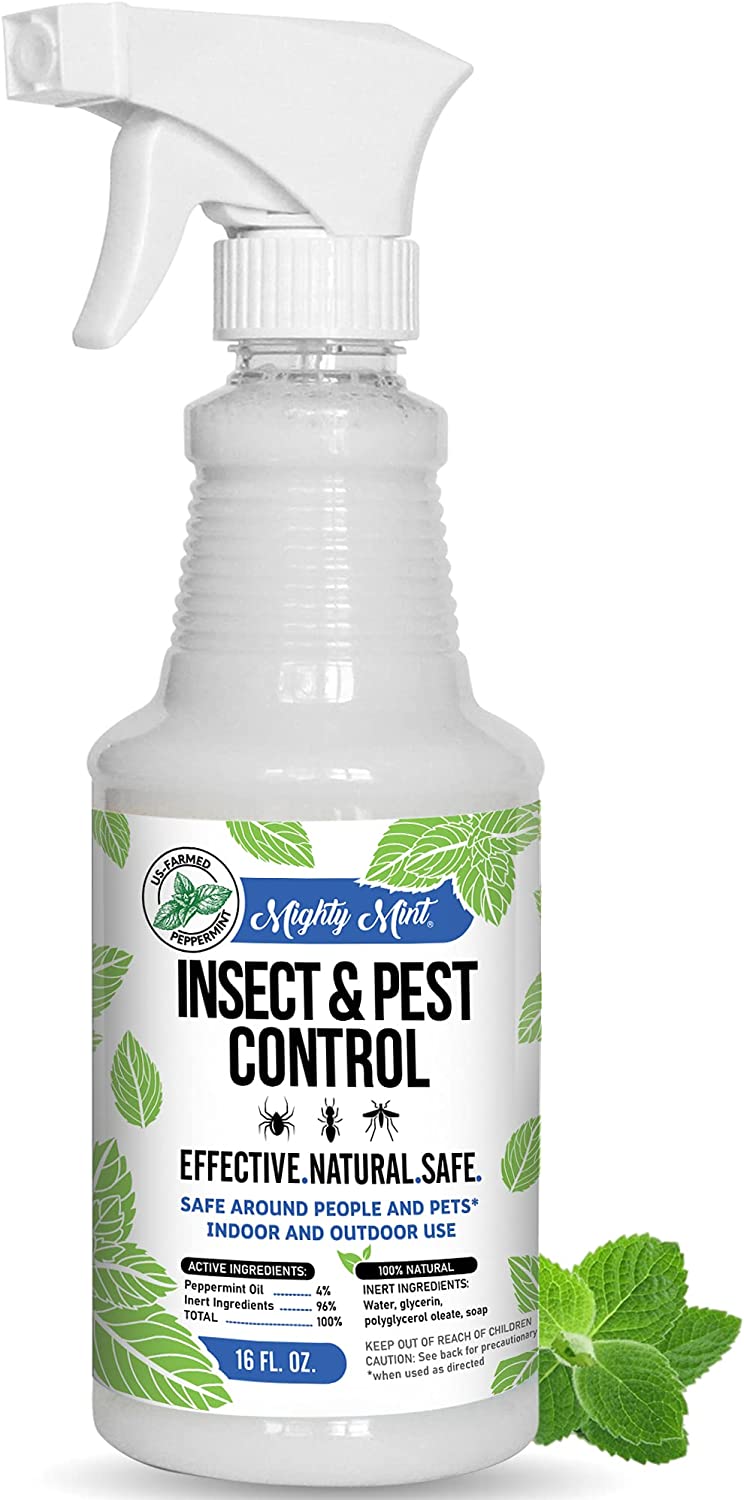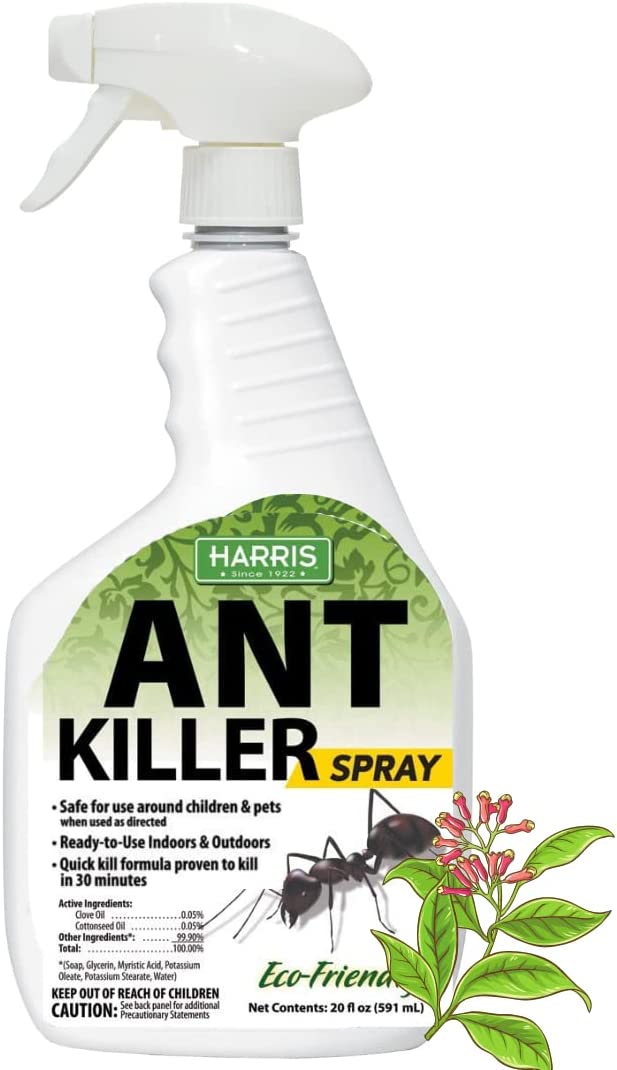Raid Child & Pet Safe Indoor Ant & Roach Killer Spray
Last updated: February 24, 2023
Those with furry friends in their household will get peace of mind from the natural ingredients in this indoor ant spray. The lemongrass and other essential oils smell better than traditional pest control methods and work just as effectively. It kills most ants and smaller insects on contact.
We looked at the top Indoor Ant Sprays and dug through the reviews from some of the most popular review sites. Through this analysis, we've determined the best Indoor Ant Spray you should buy.
Product Details
Key Takeaway: The natural ingredients smell better and are safer for pet owners.
In our analysis of 13 expert reviews, the Raid Child & Pet Safe Indoor Ant & Roach Killer Spray placed 4th when we looked at the top 6 products in the category. For the full ranking, see below.From The Manufacturer
Raid Ant and Roach Killer spray is safe for use around children and pets when used as directed. Its effective, plant-based formula is made with essential oils, including lemongrass extract and pine tree derived geraniol. Raid Ant and Roach kills different types of ants, roaches, and other crawling and flying insects. It quickly kills German roaches and ants (except fire and harvester). Raid Ant and Roach spray will help you protect your home and family from pests, with no compromise between safety and efficacy.


